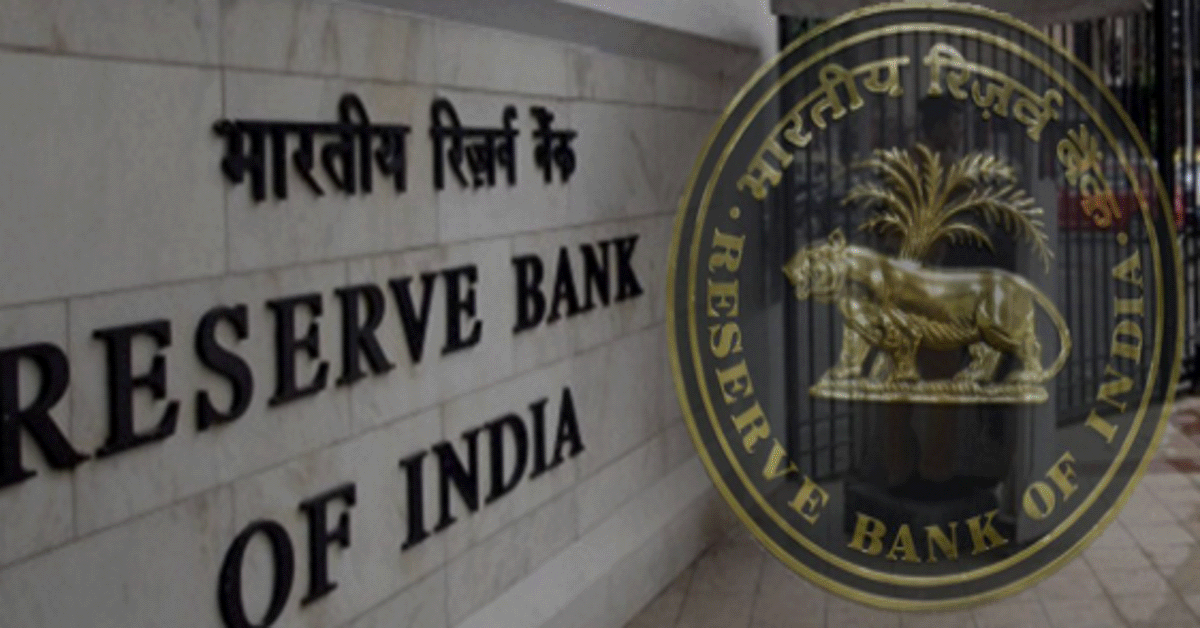The Reserve Bank of India (RBI) has given permission to Quant Mutual Fund to raise its holding in RBL Bank to 9.98%. This means Quant can now buy more shares of RBL Bank through its various investment plans, increasing its overall ownership stake in the bank.
Prior to this approval, Quant Mutual Fund, which manages different investment portfolios, held 4.68% of the total shares (equity capital) of RBL Bank, a private sector lender. With the RBI’s nod, Quant can now increase this ownership to nearly 10%.
There are a few important points to note about this development:
- Approval with Conditions: The RBI’s approval comes with certain conditions. These conditions are based on rules set out in the Banking Regulation Act, 1949, that are cover areas like timelines for acquiring shares and limitations on voting rights.
- Deadline to Increase Stake: The RBI has also given a deadline for Quant to raise its stake. Quant must complete the purchase of additional shares by May 12th, 2025. This means they have a little over a year to increase their ownership in RBL Bank to the approved limit.
- Reason for Hike Unknown: The specific reasons behind Quant Mutual Fund’s decision to increase its stake in RBL Bank are not yet clear. Mutual funds like Quant typically invest in companies they believe have strong growth potential. This could be a sign that Quant is bullish on RBL Bank’s future prospects.
Impact on RBL Bank:
The news of Quant Mutual Fund being allowed to raise its stake has had a positive impact on RBL Bank’s share price. The bank’s stock price rose slightly on the Bombay Stock Exchange (BSE) after the announcement.
An increase in shareholding by a large investor like Quant can be seen as a positive sign for a company. It indicates that the investor has confidence in the company’s ability to grow and generate profits. This can boost investor sentiment overall and potentially lead to a rise in the company’s stock price.
However, it’s important to remember that the stock market can be volatile. Just because a large investor is buying shares doesn’t guarantee the stock price will continue to rise.
RBI’s Role in Regulating Banks:
The RBI is responsible for regulating India’s banking sector. This includes ensuring the financial stability of banks and protecting the interests of depositors.
One way the RBI does this is by setting rules on how much ownership individual investors or institutions can have in a bank. This helps to prevent any single entity from gaining too much control over a bank.
The RBI’s approval for Quant Mutual Fund to raise its stake suggests that the regulator is comfortable with the level of ownership Quant will have in RBL Bank. This could be seen as a vote of confidence in both RBL Bank and Quant Mutual Fund.
